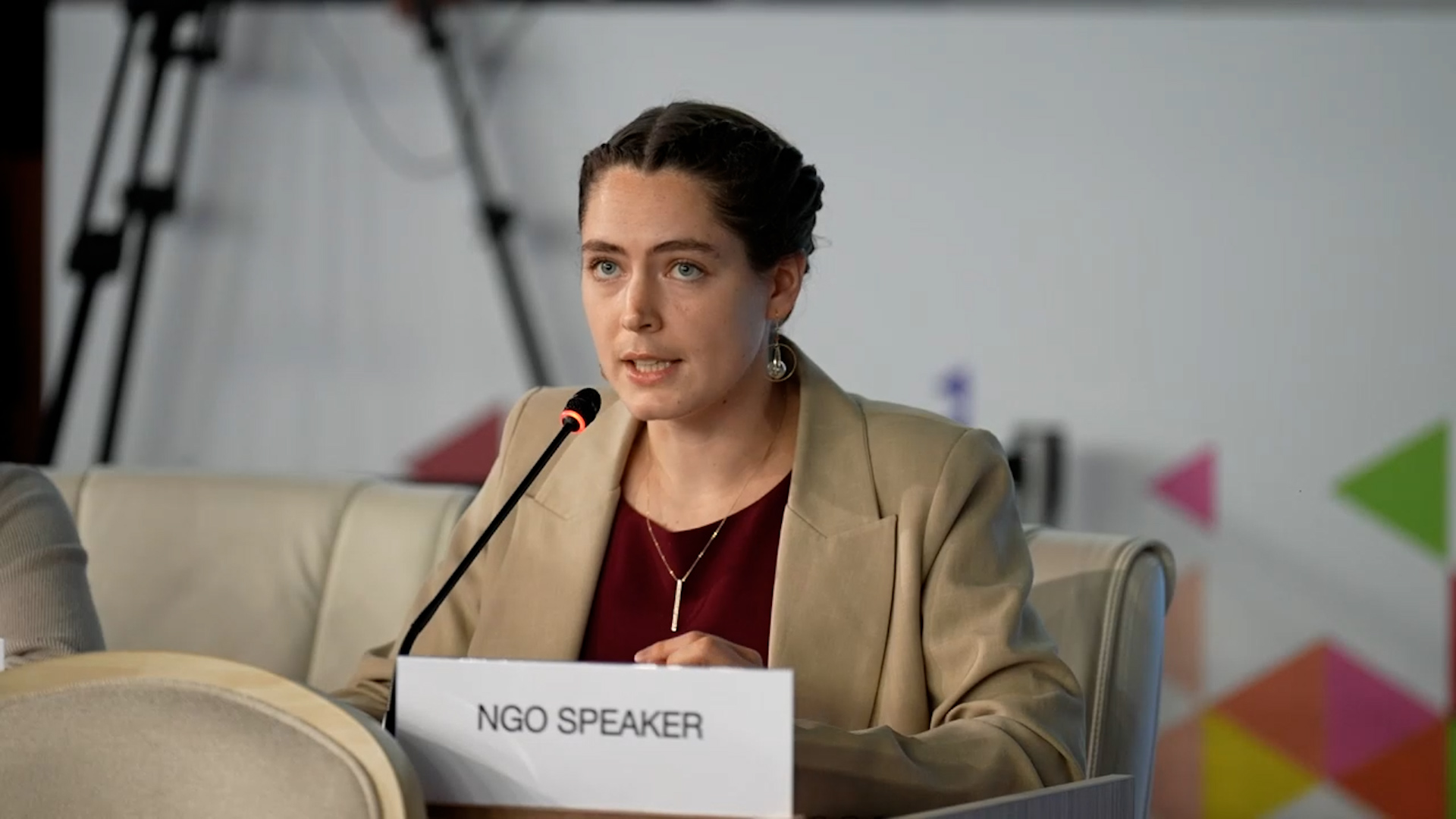A U.S. Law with a Global Mandate
Enacted by the U.S. Congress in 1977, the Foreign Corrupt Practices Act (FCPA) is one of the world’s most powerful and far-reaching anti-corruption laws. Its mission is twofold: to make it unlawful for U.S. persons and companies to bribe foreign officials and to require publicly traded companies to maintain transparent and accurate financial records.
While the FCPA is a U.S. law, its jurisdiction extends worldwide. It applies to any company that lists on a U.S. stock exchange, as well as their officers, directors, employees, stockholders, and agents—no matter where they are located.
Corruption has devastating effects on societies, undermining democratic institutions and diverting public funds from critical priorities like health, education, and infrastructure. The FCPA provides a critical tool to fight back, and its success relies heavily on brave individuals—including non-U.S. citizens—who come forward as whistleblowers. Through powerful incentive programs, international whistleblowers can report violations, protect their identity, and earn significant financial awards for exposing the truth.
What Constitutes an FCPA Violation?
The FCPA is built on two main pillars: the anti-bribery provisions and the accounting provisions.
1. The Anti-Bribery Provisions
This is the heart of the FCPA. It is illegal to offer, promise, or pay anything of value, either directly or indirectly, to a foreign government official to obtain or retain business or secure an unfair advantage. Common examples of bribery that violate the FCPA include:
- Winning Contracts: Paying a foreign official to ensure your company is awarded a lucrative government contract.
- Securing Approvals: Gifting money, travel, or other valuables to a foreign minister in exchange for project permits or licenses.
- Influencing Policy: Making payments to political parties or figures to shape legislation or regulations in a company’s favor.
- Improper Endorsements: Providing financial incentives to a doctor at a state-run hospital to exclusively use or endorse a specific medical product.
2. The Accounting Provisions (15 U.S. Code § 78m)
Designed to prevent bribery from being hidden in corporate finances, these provisions require companies listed on U.S. exchanges to maintain strict financial discipline. They must:
- Keep Accurate Books and Records: Financial records must accurately and fairly reflect all transactions. This prevents the use of slush funds or mischaracterizing bribes as legitimate expenses like “consulting fees.”
- Maintain Adequate Internal Controls: Companies must devise and maintain a robust system of internal accounting controls to prevent and detect corrupt payments.
Violations of the FCPA carry severe penalties. Corporations can face criminal fines of up to $2 million per violation and civil penalties of up to $25 million for accounting violations.
Individuals can face up to five years in prison and fines of up to $250,000 per violation. These penalties can escalate into the billions when courts require companies to pay back all ill-gotten gains.
Global Enforcement in Action: Landmark FCPA Cases
The FCPA’s power is demonstrated by its successful enforcement against some of the world’s largest multinational corporations for misconduct that occurred far beyond U.S. borders.
- Goldman Sachs (Malaysia, 2020): The investment bank agreed to pay a staggering $2.9 billion penalty to the Department of Justice (DOJ) to resolve criminal charges related to its role in the 1MDB scandal, where billions were embezzled from a Malaysian state fund.
- Ericsson (Sweden, 2019): The Swedish telecom giant paid over $1 billion to resolve charges related to widespread bribery schemes to win contracts in countries like Djibouti, Vietnam, and Kuwait.
- Siemens (Germany, 2008): In a landmark case, the German engineering conglomerate paid an $800 million fine to settle charges of maintaining slush funds and paying massive bribes to officials worldwide.
- Alstom (France, 2014): The French energy company paid a $772 million penalty after being implicated in a long-running scheme to bribe officials in countries like Indonesia and Saudi Arabia to secure infrastructure projects.
The SEC Whistleblower Program: A Powerful Tool for International Whistleblowers
For international whistleblowers, the SEC Whistleblower Program is the primary vehicle for reporting FCPA violations and qualifying for a reward. You do not need to be a U.S. citizen to file a report or receive an award. The program was specifically designed to incentivize individuals with knowledge of violations—wherever they may be—to come forward.
Key features of the program include:
- Substantial Monetary Awards: If your original information leads to a successful enforcement action with over $1 million in sanctions, you are eligible for an award of 10% to 30% of the money collected.
- Complete Anonymity: You can submit your whistleblower tip anonymously, but you must be represented by a U.S.-based attorney to do so. Your identity is legally protected.
- Robust Anti-Retaliation Protections: The program provides legal safeguards to prevent employers from taking adverse action against employees who report suspected securities law violations.
- Related Action Awards: You may also receive a portion of sanctions collected in related actions brought by other authorities, such as a parallel criminal prosecution by the DOJ.
A Proven Track Record for International Whistleblowers
The SEC Whistleblower Program has a remarkable history of success. In the 2023 fiscal year alone, the program issued nearly $600 million in awards, the most ever in a single year.
Since the program’s inception in 2011, the SEC has awarded over $2.2 billion to 444 whistleblowers. The program’s global impact is undeniable: over 2,000 non-U.S. citizens from more than 100 countries have filed confidential whistleblower reports, demonstrating its effectiveness as a worldwide anti-corruption tool.
Our Unmatched Experience in High-Stakes International Cases
Successfully navigating an FCPA whistleblower claim requires deep expertise in international law and a proven track record. Our firm has over 35 years of experience representing whistleblowers in some of the most significant cross-border cases in history.
- We represented Bradley Birkenfeld, the international UBS banker in Switzerland whose disclosures of massive tax evasion forced the bank to pay a $780 million fine. Mr. Birkenfeld received a record-breaking $104 million IRS whistleblower award.
- We represent Howard Wilkinson, the Danske Bank manager in Estonia who exposed a $234 billion Russian money laundering scheme—the largest in world history.
Our Securities and Commodities Group is led by former SEC Commissioner Allison Herren Lee, who possesses intimate knowledge of the FCPA, and Andrew Feller, a former Senior Counsel in the SEC’s Division of Enforcement.
Get in Touch with Our Expert Team
Whether you are in the United States or abroad, if you have knowledge of foreign bribery or corporate accounting fraud, our team is equipped to help. We offer free, completely confidential case evaluations and work on a contingency fee basis, meaning you pay nothing unless we secure a successful outcome for you.





